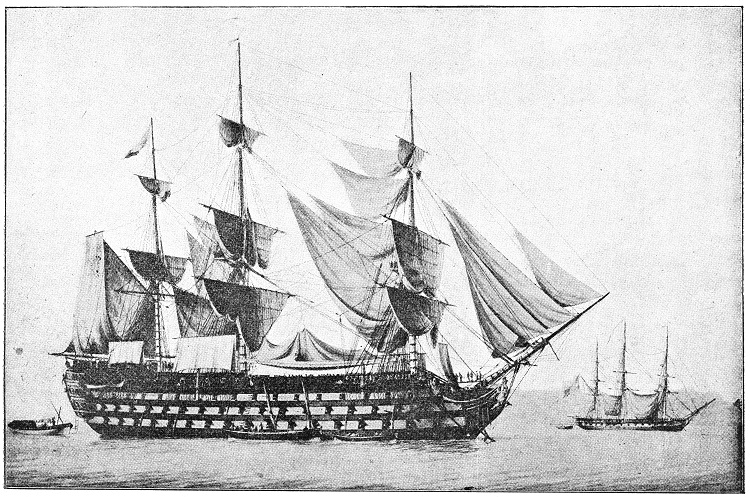
In addition to the agonizingly long time it took to cross the Atlantic Ocean in the time of sail, the journey carried risk of sickness, especially from scurvy caused by the lack of fresh vegetables.
Edward Lengel provides an illustration in his book, The 10 Key Campaigns of the American Revolution.
On May 2, 1780, the first wave of French troops left France, arriving in Newport Harbor on July 11, 1780. The trip took 70 days.
Our French allies sent about 7,000 sailors and about 5,800 soldiers for a total task force of about 12,800 troops.
Of those, about 2,300 were ill with scurvy upon arrival. Sicknesses were 21% of the sailors and 14% of the soldiers for a combined illness rate of 18%.
One out of five troops making the journey was sick upon arrival.
Authors says of those who arrived sick, “several hundred” died in the next couple of weeks. I will make a point estimate guess the several hundred translates into somewhere between 200 and 400. That means something in the range of around 1.6% up to perhaps 3.1% of the troops making the journey died because of scurvy.
Scurvy is caused by a lack of vitamin C specifically. Symptoms include swollen or bleeding gums. Sometimes a person can lose teeth. Red or blue spots can appear on the skin, along with easy bruising of the skin.
A fatality rate of between one and a half and three percent is a fairly high price to pay for a trans-Atlantic trip.